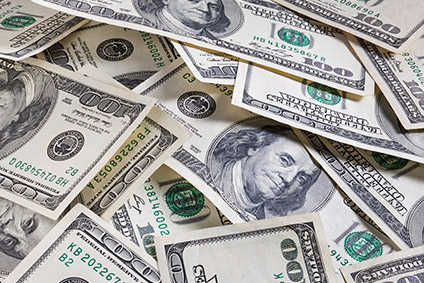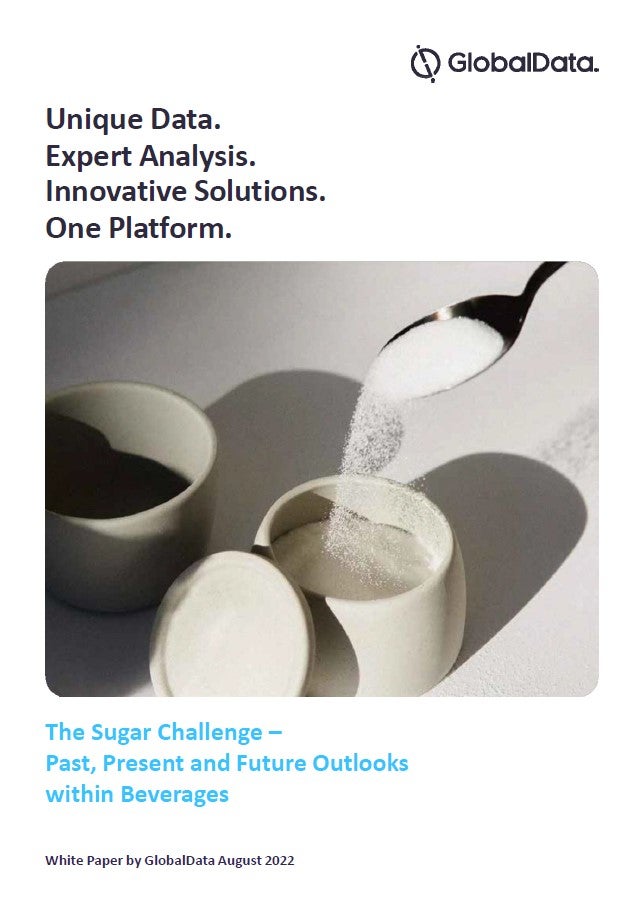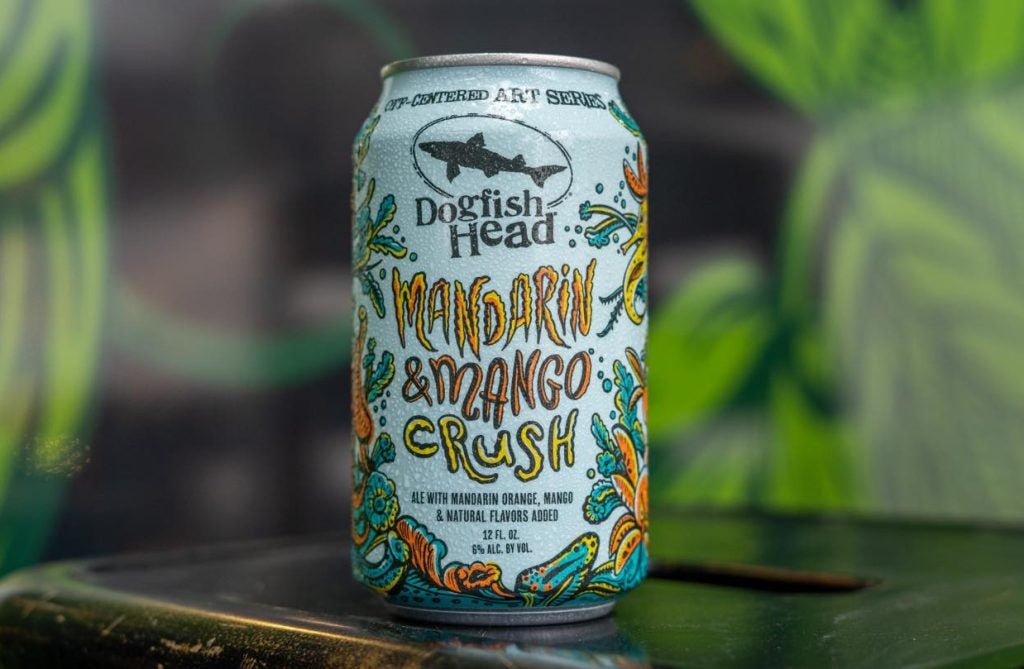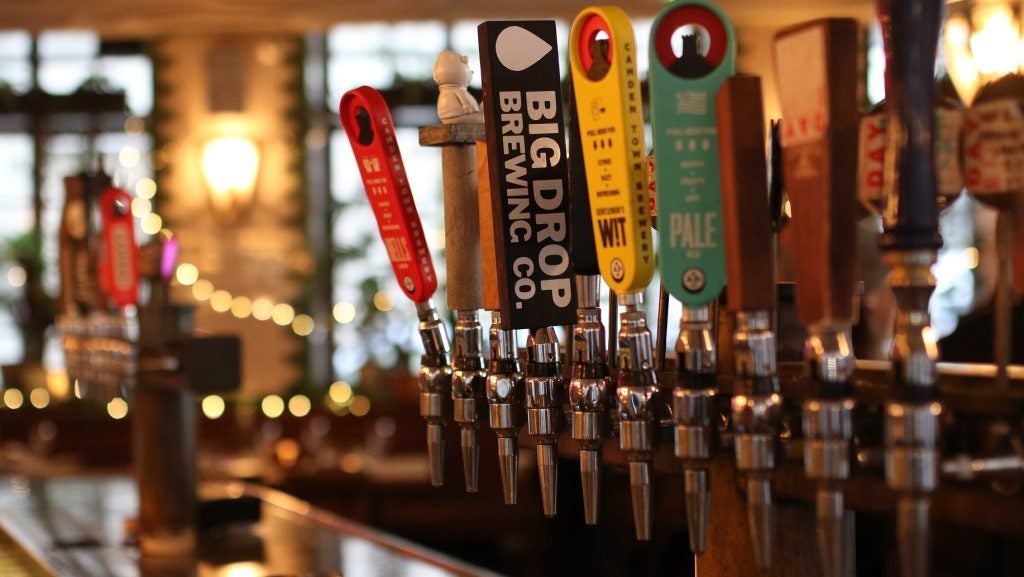
The number of new deals is plummeting as the beverages industry faces a change in consumption channels precipitated by COVID-19. Meanwhile, global foreign direct investment is forecast to slump across all sectors.
According to GlobalData’s deals database, the total number of deals in the beverage industry in February scratched a mere US$108.84m, a decline of 93.6% over the previous month and a drop of 93.03% compared to the last 12-month average of $1.56bn. Looking forward, the UN Conference on Trade & Investment predicts FDI flows will plunge by 40% in 2020, sinking to its lowest level in the past two decades.
Ross Colbert, head of global beverages at KPMG in New York, sees the drinks industry slowing down in terms of global foreign direct investment (FDI) activity in the near future, with M&A being hardest hit.
“M&A bankers are scanning the landscape to see where the value plays are on well-known brands that are at risk – over-leveraged, undercapitalised, over-exposed to on-premise channels and potential targets”
“Cross-border M&A will still remain on-trend but, in the near-term, lingering COVID-19 implications in emerging markets will dampen cross-border interest until 2021,” Colbert predicts. “Beverage industry M&A bankers are scanning the landscape to see where the value plays are on well-known brands that are at risk – over-leveraged, undercapitalised, over-exposed to on-premise channels and potential targets.
“I expect many private equity sponsors will not choose to inject more capital into portfolio craft players and look to exit instead.”
How well do you really know your competitors?
Access the most comprehensive Company Profiles on the market, powered by GlobalData. Save hours of research. Gain competitive edge.

Thank you!
Your download email will arrive shortly
Not ready to buy yet? Download a free sample
We are confident about the unique quality of our Company Profiles. However, we want you to make the most beneficial decision for your business, so we offer a free sample that you can download by submitting the below form
By GlobalDataSee Also:
Colbert points to the closure of the on-premise channel as the cause of sales falls, with beer taking the main hit as bars and restaurants are forced to shut down.
“Sales of craft beer have been badly hurt as many of the small brewers depend entirely on keg sales in bars,” he says. “As a result, thousands of small local brewers and pubs are expected to go out of business.
“I expect we will see more cross-border partnering and collaboration – some beverage companies will sell their manufacturing assets to reduce debt and use third-party co-manufacturing for their supply – an ‘asset-light’ model that avoids having to sell the entire business.”
“Many buyers and sellers may choose to progress more cautiously down the M&A route, waiting for some signs of a return to normality”
Although beverage sales through off-premise platforms rose as a result of stockpiling, the industry’s higher sales margins come from the ailing on-premise channel. Deloitte partner Conor Cahill explains: “As a result, many buyers and sellers may choose to progress more cautiously down the M&A route, waiting for some signs of a return to normality before stepping into the transaction arena.
“Interestingly, the distortion of COVID-19 to any earnings base year may have committed buyers increasingly looking at earn-out structures to close deals, whilst their competitors sit it out on the sidelines.”
A recent GlobalData report on the impact of COVID-19 has predicted that, as of 14 April, global profits in foodservice will be 12.8% lower for 2020, equivalent to a loss in sales of $477bn. Asia will likely take the biggest blow, with an expected fall of 16.4%, followed by 14.8% in Western Europe and 12% in Eastern Europe.
Much like in other industries, earnings forecasts for the year have been widely suspended, with the likes of Diageo also freezing their shareholder returns programmes for the year.
Lisa Hooker, the lead for retail, consumer & leisure at PwC, foresees an acceleration of consumer preferences to do with health & wellness once the world starts to recover from the havoc being caused by COVID-19. The trend, which had already taken hold across the wider drinks industry, will continue to shape categories in the longer term.
“We were seeing an increasing shift in the beverages sector … to healthier products,” Hooker says.”We’ve seen a lot more healthy drinks pop up and people move away from fizzy drinks, and we’ve seen the big fizzy drinks manufacturers actually buy these healthier drinks.”
The dive into healthier offerings might provide another blow to an already-damaged sector. According to GlobalData’s ‘Coronavirus (Covid-19) Survey’ from 6 April, over a quarter of UK consumers are reducing the volume of spirits they buy.
Click here to download GlobalData’s free COVID-19 Executive Briefing report






